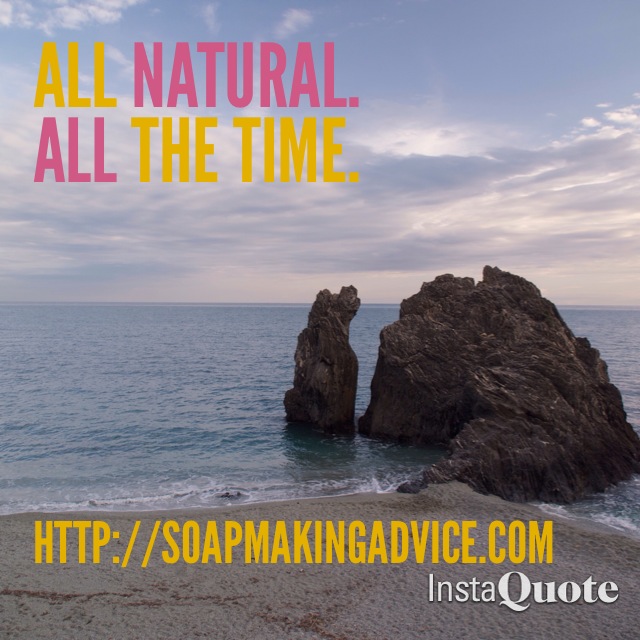Recently we received a question from one of our newsletter subscribers (sign up with the form just to the right) regarding making a natural soap colorant with red onion skins:
Hello, I tried your recipe for making red dye from red onion skins;
however, the liquid dye smells of onions. Is there something I can add
besides fragrance to eliminate the odor? Thanks for your help.
Here was our response, which we wanted to share with all of you, if you are interested in experimenting with natural soap colorants.
Hi Chris,
Thanks for sending through the question!
You should be really careful just to use the very outer skin from the red onions for the dye, which won’t have much smell – if you take a layer or two of the onion flesh with the skin there is a chance that the dye will smell.
By the time you boil the onions for 15 minutes or so, most of any remaining smell should be boiled out of the liquid for the dye, but once it is added to the lye any remaining onion smell should disappear as well.
Good luck with it, if you have any more questions please send them through to us (see the contact us page in the menu bar at the top).
